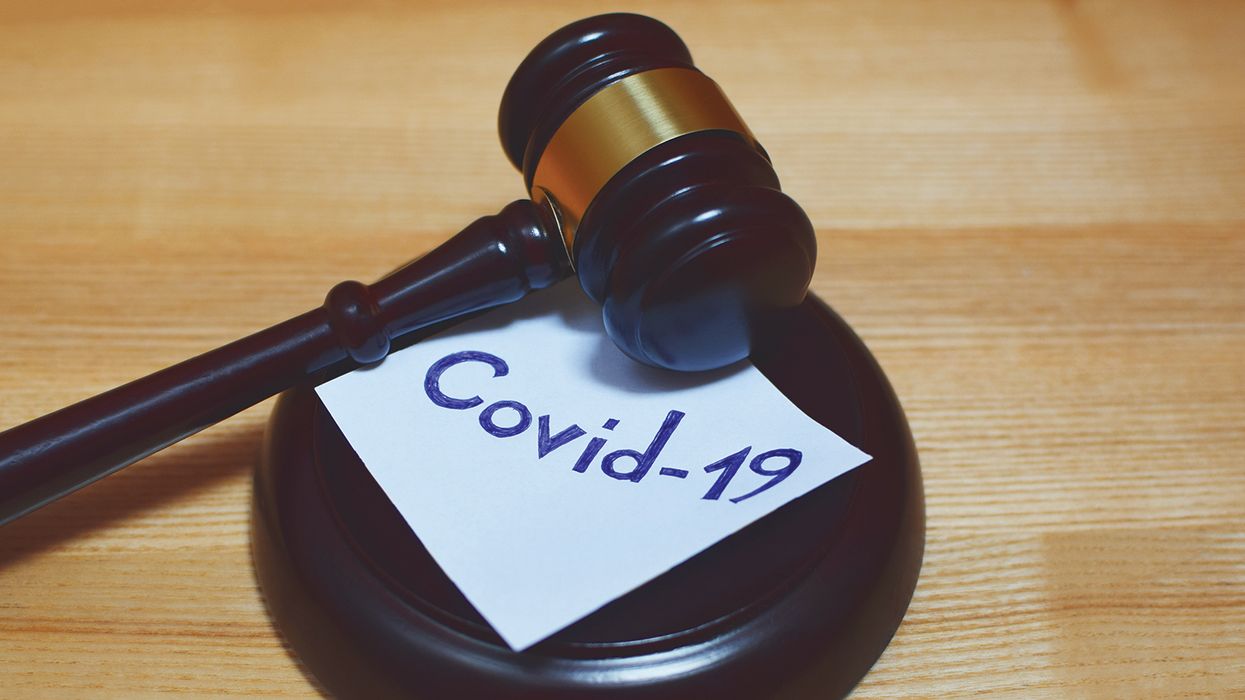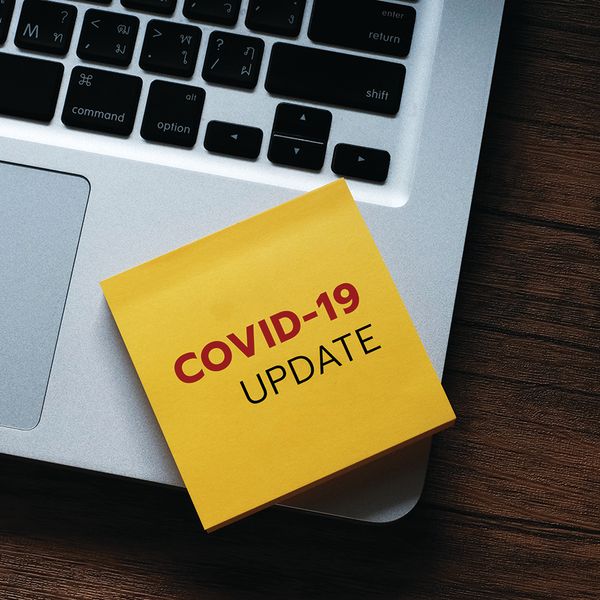COVID-related disability lawsuits shed some light on poor practices
Two recent court cases, filed by the U.S. Equal Employment Opportunity Commission (EEOC), help illustrate tactics employers should skip in relation to COVID-19 and disability discrimination under the Americans with Disabilities Act (ADA). The claims against the employers are only alleged and the employers have yet to pose their sides of the stories. Below are recaps of the events.
Case 1: Failure to accommodate
In the first case, an employee with asthma asked to wear a face mask at work as an accommodation of his disability immediately following the COVID-19 outbreak to help protect him from the virus. The employer denied the request. The employee was allegedly harassed because he requested this accommodation and was sent home twice when he asked to wear a mask, and then taunted and humiliated for questioning management’s policy prohibiting masks, leading him to quit, according to the suit.
When employees request a workplace change (such as wearing a face mask or forcing leave when not called for) due to a medical condition, employers are generally to engage in an interactive process with a focus on identifying an effective accommodation. Employers must provide an effective reasonable accommodation unless it poses an undue hardship on the employer.
Case 2: Employment denial
In the second case, employees with disabilities were not allowed to return to work until a vaccine for COVID-19 was developed. The employer generally violated the ADA by denying a reasonable accommodation to the two employees and terminating them, despite them being ready and willing to work.
According to the EEOC, employers may not refuse employees the opportunity to work just because the employer believes it is protecting them from illness. Absent a direct threat to the safety of the employees or others, employers may not deny employment opportunities based on disability, even if they believe their motivations are worthy.
Summary
The two employers had different responses, but both risked violating the ADA and now must deal with the claims. In both cases, the EEOC filed suit after first attempting to reach a pre-litigation settlement through its conciliation process. The EEOC seeks back pay, compensatory and punitive damages, and injunctive relief for both cases.
The cases are EEOC v U.S. Drug Mart, Inc. d/b/a Fabens Pharmacy, No. 3:21-cv-00232, in U.S. District Court for the Western District of Texas, El Paso Division; and EEOC v. 151 Coffee, LLC, No. 4:21-cv-01081, in U.S. District Court for the Northern District of Texas, Ft. Worth Division While these two cases appear to be in the early stages of the litigation process, some are now being settled. They may all continue to provide guidance for employers now and in the future.
While these two cases may have stemmed from the early days of the pandemic, much misinformation and uncertainty remain, requiring employers to persist in treading carefully and learning quickly.



















































